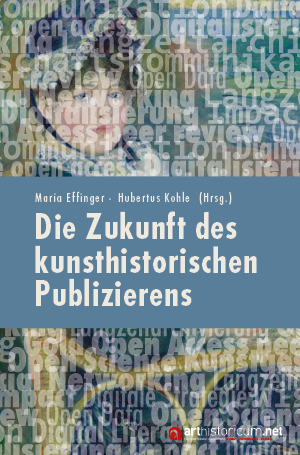How to Cite
License (Chapter)

This work is licensed under a Creative Commons Attribution-ShareAlike 4.0 International License.
Identifiers (Book)
Published
Kathedrale oder Basar?
Überlegungen zu einer neuen IT-Infrastruktur (nicht nur) für die Digitale Kunstwissenschaft
Against the background of the hitherto not guaranteed truly long-term sustainability of today’s IT infrastructures as used in the digital humanities, the article argues that a gradual adaptation of today’s structures to future developments over decades seems hardly conceivable in view of the unmanageable uncontrolled growth in the development of hardware and software. A solution can only be found in a conscious restart in the form of a completely free overall solution of free hardware and software designed for extremely long-term development. Such an epochal project, however, requires – like a cathedral building – long-term planning and constant control.
Keywords:
Digitization, hardware development, long-term availability, research data, software development, sustainability
Bernd Kulawik is a freelance architecture and music historian and IT project developer. Main areas of work: Renaissance architecture and reception of antiquities, Italian music around 1600, Nietzsche, digital humanities and, in particular, long-term data security.
https://orcid.org/0000-0002-2083-6118







